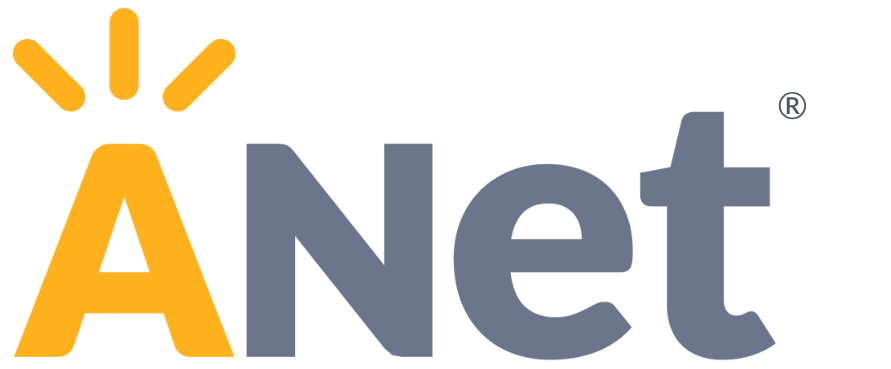by Sarah Tierney
As a teacher, it can sometimes feel like you’re starting from scratch every fall. When learning goals don’t extend from one grade to the next, it can be challenging for teachers to support students in building on and deepening their skills and knowledge.
The standards provide a clear progression of learning goals that flow from one grade to the next. Anchor standards act as a sort of umbrella, giving us a big picture view of what students should know and be able to do in order to be college and career ready; grade-level standards offer additional specificity, outlining the discrete skills students need to know and be able to do by the end of each grade. The vertical progressions act as a bridge between the anchor and grade-level standards, showing us how a given standard evolves over time and extends previous learning.
Here’s an activity you can use in school-wide planning meetings to zoom in on one standard and study the vertical progression across grades.
In this activity, teachers trace a standard from one grade to the next, identifying how expectations for students change over time and using those new learnings to revise lesson plans. By studying the progression of standards, teachers are able to pinpoint grade-specific expectations and create a seamless flow of instruction from one grade to the next.
“These learning goals build a staircase of increasing complexity with the aim of preparing all students for success in college and careers by the end of high school. Only 1 in 10 eighth graders are on target to be ready for college-level work by the time they graduate from high school. The Standards attempt to address our lagging performance ”
We’ve spent ten years learning from thousands of leaders and teachers across the country about the things that make a big difference for schools. Now, we want to give you the opportunity to do the same.We’ve organized these Lessons From the Field in our Resource Center—everything from harnessing the power of formative assessments to fostering a culture of adult learning.
Sarah is a director of new partnerships and former coach at ANet. She’s leading the Lessons From the Field project.

